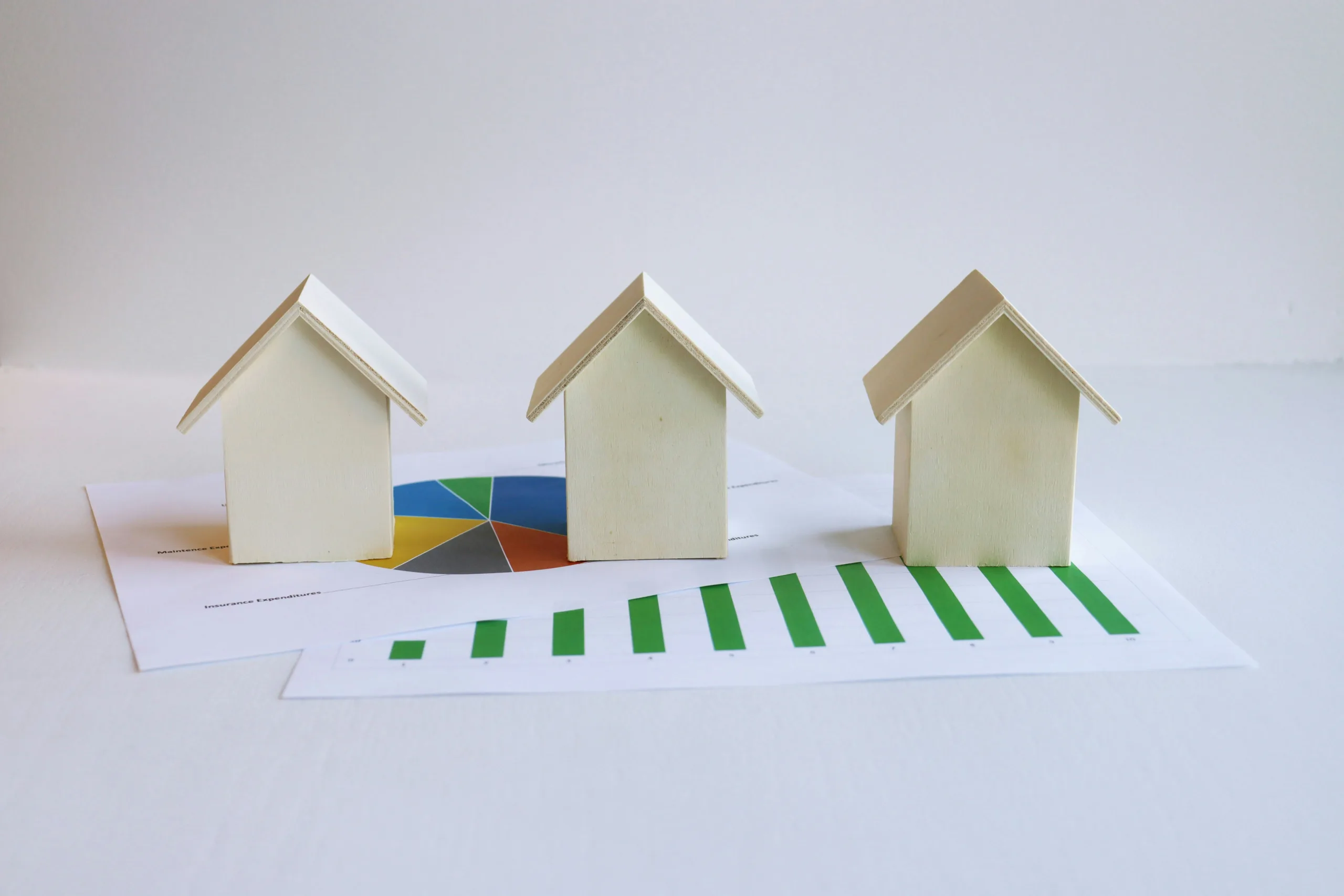
Purchasing a house or business property may involve a tremendous amount of money, and for most individuals, it is quite common to use a mortgage loan to facilitate it. A mortgage loan is literally a long-term loan facility where you offer your property as collateral to obtain money from a bank or lending institution.
But mortgage loans are not only for the purchase of a home; they can also be used to raise funds for business, education, or personal purposes. Let us explain how they work and their general construction.
What Is a Mortgage Loan?
A mortgage loan is a secured loan in which you offer an immovable property, such as a house or land, as collateral. The lender holds the property documents until you repay the loan in full.
The amount of loan you receive is based on the market value of the property, your earnings, and your repayment ability. In a majority of situations, you can receive 60–80% of the property’s value in the form of a loan.
Mortgage loans differ from unsecured loans in that they usually have:
- Smaller interest rates
- Long repayment period (up to 15–20 years)
- Larger amounts of loans
Uses of Mortgage Loans
- Purchase of new residential or commercial property
- Renovation or expansion of existing property
- Financing business growth or large personal expenditures
- Consolidation of several debts into a single loan
- Since they are secured by property, mortgage loans cost less than personal loans.
How Does a Mortgage Loan Work?
Here’s the process in brief:
- Loan Application: You approach the lender with documents required, such as property documents, proof of income, and identification details.
- Property Valuation: The lender values the property at the market price.
- Loan Sanction: Depending on the valuation and your financial record, the lender sanctions a certain amount.
- Disbursement: Once the contract is executed, the money is disbursed to you.
- Repayment: You pay back the loan in monthly EMIs, comprising interest and principal. After repayment, your property papers are returned.
Interest Rates on Mortgage Loans
Interest rate can be fixed (constant throughout the period) or floating (varies with market terms). Since the property guarantees the loan, rates of mortgage loans tend to be lower than those of unsecured loans.
But rates will differ based on:
- The value and type of property
- Your income and credit score
- The lender’s policies and market environment
Loan Against Fixed Deposit – A Squeezed Option
If you have a smaller loan, you have an alternative with a loan against fixed deposit (FD). Here’s how it’s different:
- You offer your FD as security rather than property.
- The loan value is typically up to 80–90% of your FD.
- The rate of interest is a shade above your FD’s rate, but much less than a personal loan.
- No property valuation and lengthy documentation are required.
This is a fast, short-term loan facility, whereas a mortgage loan is apt for long-term funding requirements.
Benefits of Mortgage Loans
- Large loan amounts: Ideal for large outgoings such as purchasing property or business expansion.
- Long tenor for repayment: This makes the EMIs affordable.
- Lower interest rates: Since the loan is backed by your property.
- Ongoing property ownership: You retain possession or occupation of the property while repaying.
Things to Keep in Mind Before Availing a Mortgage Loan
- Check your repayment capability prior to applying.
- Compare interest rates and processing charges from various lenders.
- Know the small print, such as prepayment fees and foreclosure terms.
- Opt for an appropriate tenure. Longer tenure implies lower EMIs but higher total interest.
- Make sure property documents are clear and complete to prevent delays in approval.
Final Thoughts
A mortgage loan is one of the most dependable sources of funding for large financial requirements without having to sell your property. It provides larger amounts of loans, lower interest rates, and adjustable repayment schedules.
For short-term small requirements, you can also opt for a loan against a fixed deposit, which is faster and easier to arrange.
Prior to making a decision, determine how much you truly need, shop around for lenders, and select a payment schedule that maintains stability for your finances. With careful planning, a mortgage loan can enable you to attain significant milestones in life while protecting your property.